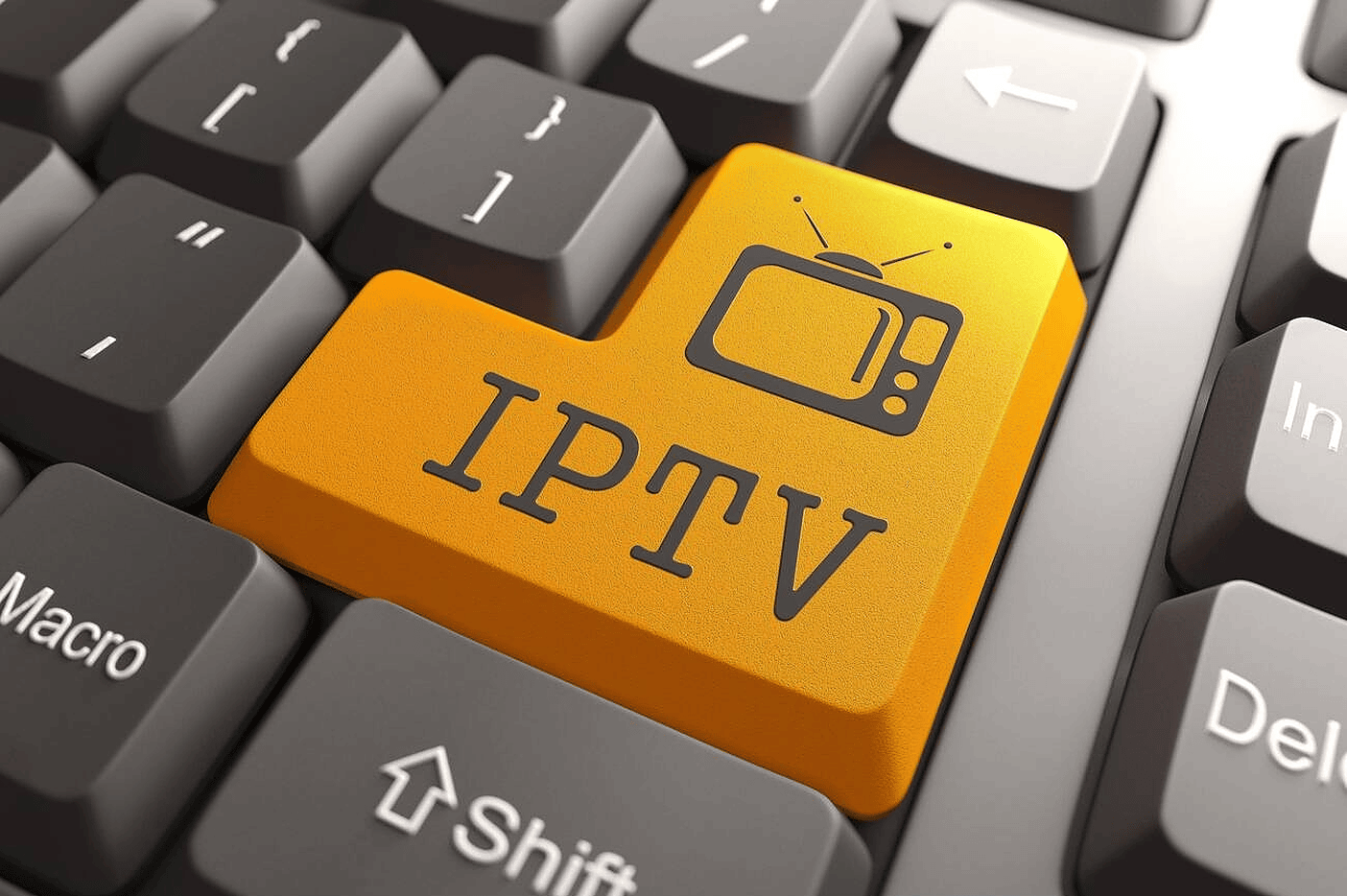Optimized Viewing: Understanding the Perks of IPTV
Within the current rapidly evolving world, in which ease has become key, the development of entertainment has undergone a remarkable turn with the advent of IPTV. Internet Protocol Television has revolutionized the way we engage with content, enabling us to get our favorite shows, movies, and live occurrences from almost any location. As traditional cable TV is replaced by more adaptable options, many are discovering the numerous advantages that IPTV services offer, making entertainment not only increasingly efficient but also customized to personal preferences.
One of the notable advantages of IPTV is its capacity to provide a customizable viewing experience. Unlike traditional broadcasting, which often features a set schedule and a restricted selection of channels, IPTV enables viewers to choose what they desire to watch, when they want to watch it. This adaptability is especially attractive in a period when on-demand content has turned into the norm. Furthermore, the combination of various multimedia features, from broadcasting to interactive features, improves the overall entertainment journey, making IPTV a preferred choice for many consumers.
What is IPTV?
Internet Protocol Television, or IPTV, is a online television broadcasting protocol that utilizes the internet to deliver content to viewers. Unlike traditional television solutions that rely on orbital or cable systems, IPTV streams video content straight over a high-speed connection. This technology allows users to view real-time television, movies, and flexible shows in a more flexible and convenient manner.

One of the main features of IPTV is its capability to offer a broad selection of content options. Users can choose from various channels, including local, countrywide, and global programming. Many IPTV providers also provide access to unique content, including premiere series and films that may not be accessible on conventional networks. This extensive selection caters to diverse watching preferences and can enhance the overall viewing experience.
Another significant advantage of IPTV is the interactive capabilities it offers. Viewers can stop, rewind, or skip real-time broadcasts, as well as get film on request at their leisure. This degree of control transforms the way people interact with television content, allowing for a more personalized viewing experience. Overall, IPTV represents a contemporary development in how we watch television, making it an attractive choice for many homes.
Benefits of IPTV
One major advantage of IPTV is the adaptability it offers subscribers. Unlike traditional satellite services, Internet Protocol Television allows viewers to stream their beloved shows and movies on different devices. Whether it’s on a television, tablet, or mobile phone, users can stream content wherever they are and whenever they choose. This convenience enhances the watching experience and fits well with the contemporary lifestyle, where users are frequently on the move and prefer streaming content on demand.
Another significant benefit is the wide selection of content available through IPTV services. Subscribers can select from a broad range of channels, including international options, unique programming, and exclusive content not commonly found on standard TV. This extensive library ensures that there is something interesting for everyone, allowing viewers to explore new genres and find new favorites. Furthermore, abonnement-iptvfrance offer personalized packages, letting users choose and pay only for the programming they desire.
Internet Protocol Television also often delivers better picture and sound quality relative to conventional broadcasting methods. With high definition and even 4K content readily available, users can enjoy a more engaging experience. Additionally, many Internet Protocol Television platforms include features such as pause, rewind, and recording functions, which further enhancing user control over their watching preferences. This mix of high quality and functionality makes IPTV an enticing choice for anyone looking to enjoy their programming with greater ease and pleasure.
Comparing Internet Protocol Television to Conventional TV
When examine the differences comparing Internet Protocol Television versus traditional television, a major aspects is the distribution method. Traditional television relies on satellite-based or cable-based signals, that can restrict availability and availability based on location-based areas. Conversely, contrast, IPTV makes use of broadband connections, allowing audiences to watch programs from virtually any location with a reliable connection. This adaptability gives IPTV a clear benefit, as subscribers are no longer bound to a single service or location.
A further, key difference lies in the availability of content and personalization that Internet Protocol Television provides. Conventional television often comes with fixed programming and schedules, making it can make it difficult for viewers to locate specific shows or discover new content. IPTV services provide on-demand options and personalized recommendations, allowing watchers to view the content they prefer at their convenience. This level of flexibility enhances the overall experience, tailoring to individual preferences and lifestyles.
In conclusion, affordability represents a crucial role in the contrast of Internet Protocol Television and conventional TV. Numerous IPTV providers offer competitive rates with various options, often without the hidden fees usually associated with cable. In addition, users can avoid long commitments, as numerous IPTV providers allow flexible payment options. This cost-effectiveness, together with the range of functionalities offered, establishes IPTV as an appealing alternative to traditional TV.